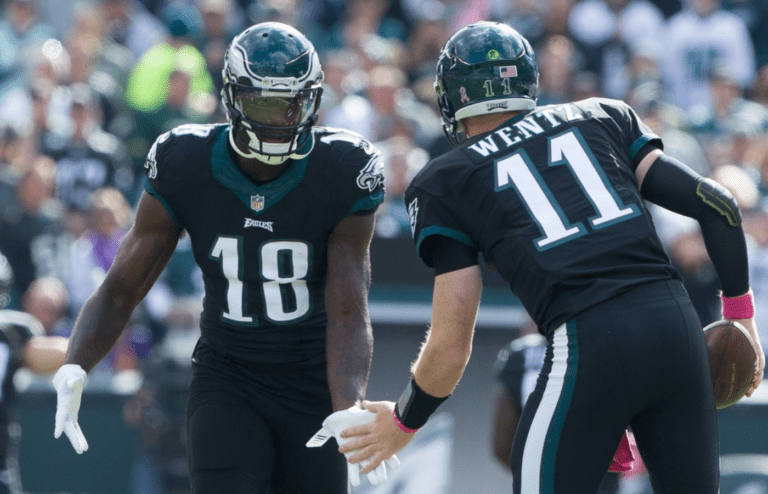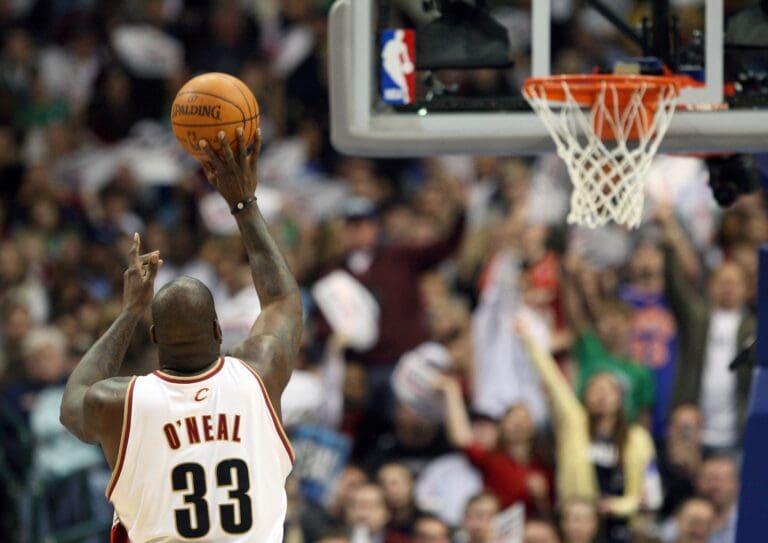The NFL plays games in London, the NBA tours Paris and Abu Dhabi. MLB’s eyeing Korea. U.S. sports leagues want to go global, but something’s holding them back.
It’s not the talent or production but the structure.
No relegation. No consequences. No real stakes.
In most U.S. leagues, underperforming teams still get prime-time games, guaranteed revenue, and top draft picks. Meanwhile, global sports fans are used to a different standard: a system where every match has meaning, every loss could spell disaster, and every win might change a club’s entire future.
Relegation: The Drama the World Lives For
In Europe, South America, and Asia, sports are played on a knife’s edge.
Lose enough games? You’re relegated to a lower league. Win against the odds? You rise. It’s brutal. It’s beautiful. And it’s what makes leagues like the English Premier League or Bundesliga global institutions.
Fans don’t just follow winners, they follow stories. Underdogs. Escapes. Collapses. Comebacks.
Promotion and relegation create those stories. In the U.S., we sanitize them out of the game.
U.S. Sports Safe Leagues Don’t Inspire Global Passion
Think about it:
- The NBA has teams that tank entire seasons without consequence.
- MLS lets last-place teams skate into the next year untouched.
- The NFL rewards losing with better draft picks.
To a global audience, it looks like performance doesn’t matter; everything feels like business. That’s not how you grow love for a league, but how you stall it.
Global fans want the raw, unscripted chaos of sport. A system where anything can happen, because everything is on the line.
MLS and the Missed Opportunity
Major League Soccer had a shot to be America’s global bridge to football. But by clinging to a closed model, it’s failed to resonate internationally.
Even U.S. Men’s National Team star Tyler Adams said relegation would inject “pressure, nerves, and excitement” into MLS. He’s right. It’s what the sport needs to thrive on a global stage.
Meanwhile, the United Soccer League (USL) is planning to introduce promotion and relegation by 2027, and if they pull it off, MLS could lose both domestic credibility and international relevance.
Shows like Welcome to Wrexham and Sunderland ’Til I Die are cult hits in the U.S. not because of flashy play, but because of what’s at stake. Fans are starting to understand the appeal:
It’s not just about winning, it’s about not losing. About fighting for survival and rebuilding. About earning your place.
That’s the heart of sport. And it’s what’s missing from most U.S. leagues.
The Fix Is Simple—but Radical
Introduce relegation. Make stakes real. Force teams to compete every week.
- Imagine the NBA G League fighting its way into the big show.
- Picture the NFL with an incentive to never tank.
- Think of MLB’s late-season games mattering to every team, not just playoff contenders.
American sports don’t need more stars. They need more urgency.
Going Global Means Playing by Global Rules
If U.S. leagues want to be taken seriously on the world stage, they have to offer more than spectacle. They have to offer stakes.
Relegation isn’t just a twist. It’s the secret sauce that makes global sports feel alive. It turns casual viewers into die-hards.
The world’s watching, but it won’t wait forever. It’s time U.S. sports got real. Or got left behind.








